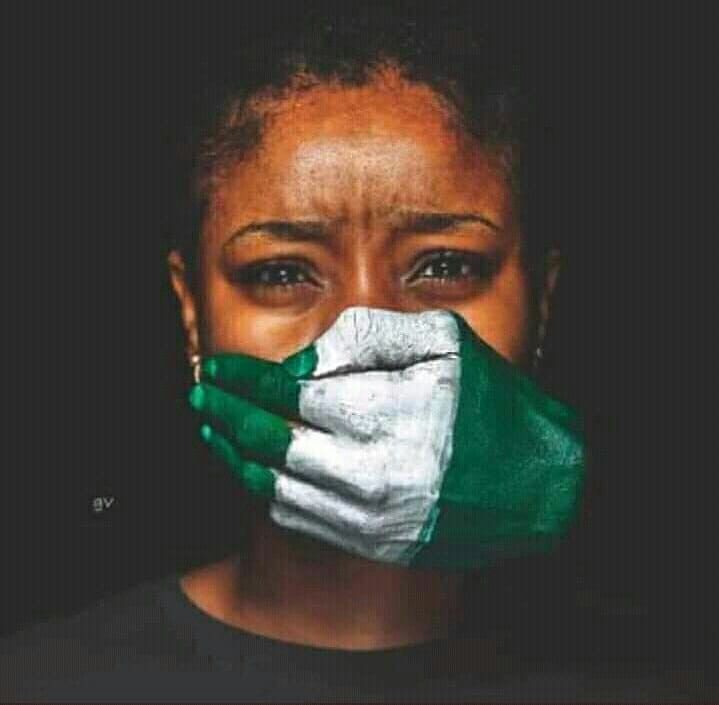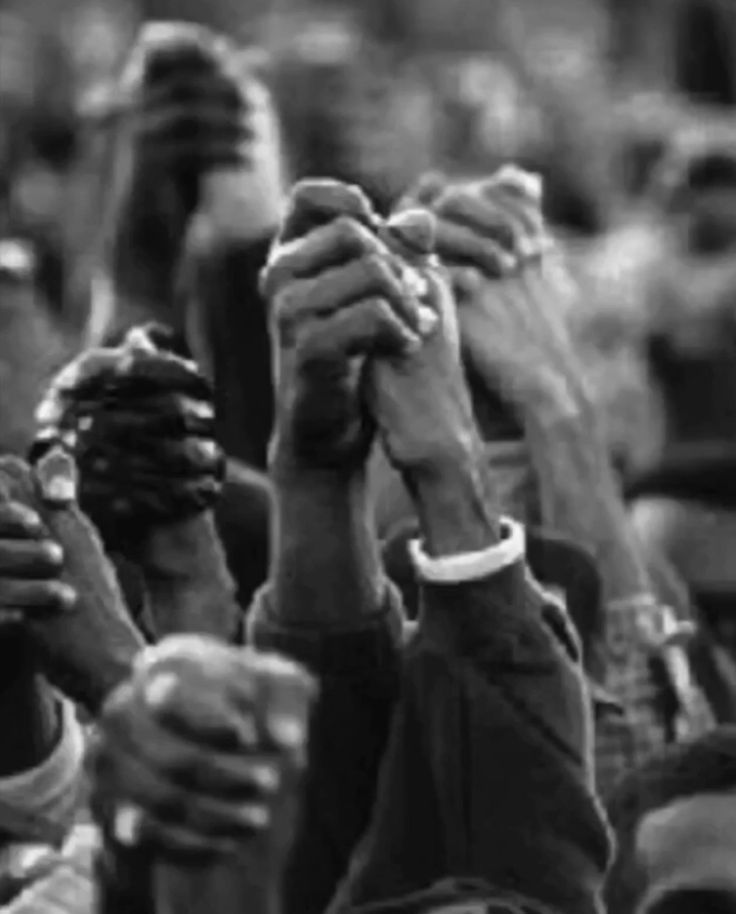Independence came with flags, anthems, and promises. But more than sixty years later, many Nigerians are still asking the same question: “Are we truly free?”
Real freedom, beyond political declarations, lives in the stomach. It breathes in opportunity. It stands tall when a person can dream and have a fair chance to make that dream happen. By that measure, the freedom we celebrate each October still feels unfinished.
Poverty: The Silent Chain
The greatest enemy of liberty in Nigeria today isn’t colonialism, it’s poverty. Across the streets of Lagos, the farms of Benue, and the markets of Aba, millions wake up not to pursue purpose, but to survive. It is hard to think of democracy when there is no food on the table.
Freedom should mean the power to choose your life’s direction. What choice exists when your entire energy goes into hustling for your next meal? What choice exists when minimum wage cannot buy a bag of rice? The irony is brutal: we inherited political power but surrendered economic agency. We took over the flag but not the system that guarantees dignity.
Unemployment: The Invisible Blockade
Each year thousands of graduates leave school and enter the labour market only to find there is barely a market to labour in. This shows the appalling level of unemployment in Nigeria. Degrees gather dust. Skills remain unused. Dreams are delayed and most die quietly.
This is a new kind of blockade, not one of gunfire but of opportunity denied. It lives in inflation, in the collapse of industries, and in policy choices that push the cost of living higher than most wallets can bear. The battlefield has shifted from frontlines to fuel queues, but the casualties; wasted talent, stalled lives, are the same.
The Silent War of Survival

If past wars were fought with guns, this one is fought with prices. The frontlines are market stalls, job centres, and electricity meters. Every morning millions enter skirmishes they did not choose: negotiating transport fares, bargaining for power, stretching the last of a meal across a family. These are small battles, repeated until the soul is tired.
In neighbourhoods across the country, survival is a quiet discipline. It requires mental cost-cutting, emotional rationing, and creative economies people invent to keep one another afloat. That labour; unpaid, invisible, relentless, is the new theatre of struggle. It is where independence either proves itself or dies a little more each day.
Migration (Japa): Freedom in Flight
So many choose a different path: airports over assemblies, boarding queues over voting lines. Japa is not primarily an adventure; it is a refusal. It says: If my land cannot feed me, I will find one that can.
Every doctor, engineer, entrepreneur who leaves takes a piece of national potential with them. The irony is heartbreaking: independence was fought for to build a home; now the home produces the reason to leave. Migration has become an act of self-preservation and a quiet indictment of a nation that could not keep its children.
The Currency of Hope
If physical currency is failing many, hope remains an enduring tender. Nigerians trade it in micro-innovations, small startups, side hustles, mutual aid and jokes that carry the weight of survival. Hope underwrites the economy of the everyday: a market vendor’s prayer, a graduate’s late-night application, a mother’s quiet wager that tomorrow will be better.
But hope alone is not policy. Hope is not an economic plan. It is the last reserve, and it can be exhausted. A dignified life needs more than persistence; it needs systems that reward labour, protect citizens, and distribute opportunity. Hope should be the engine, not the only fuel.
Freedom Beyond Celebration
So as we wave the green and white flag and sing about unity and faith, we must ask harder questions:
- What does independence mean when the average citizen cannot afford to live with dignity?
- How free is a people who must leave home to survive?
- How do we claim freedom when the chains have only changed shape, from colonial rule to economic hardship, from military blockades to market blockades?
Both historical blockades and modern policy failures strip people of agency. Both are assaults on the idea of a nation that serves its citizens. The fight for independence continues in every unpaid wage, in every boarded-up factory, in every passport application.
The Freedom We’re Still Paying For
Independence was meant to be a cheque, written once, cashed forever. But decades later, many of us hold that cheque and find the account empty. We sing the anthem and watch the daily accounting of survival: the price of fuel, the scarcity of jobs, the exodus of talent. We celebrate a freedom that, for many, is a ritual rather than a reality.
True freedom must show up where life is lived: in markets that feed families, in schools that teach without collapse, in hospitals that heal rather than beg. Until freedom feeds the hungry, shelters the poor, and dignifies the worker, it remains an anthem, not a reality.
Our fathers fought for flags; we are fighting for fairness. They dreamed of liberty; we are struggling for livelihood. Yet, somehow, the dream continues, in the laughter that refuses to die, in the markets that still open, in the songs that rise from tired lips.
Freedom may still be unfinished, but the spirit that demands it is unbreakable.
And maybe that is where the next revolution begins, not in the corridors of power, but in the quiet courage of a people who still believe that freedom, though delayed, can still be delivered.
